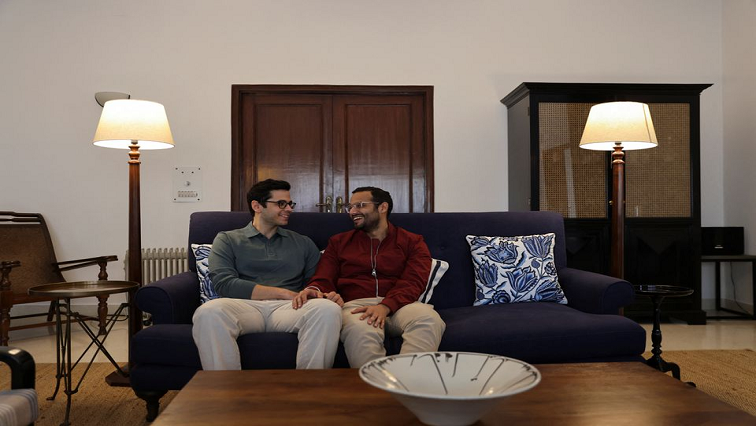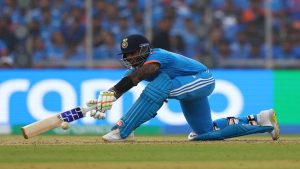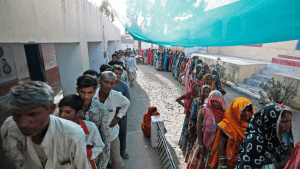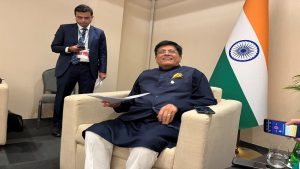Uday Raj Anand and Parth Mehrotra are among four gay couples who have asked India’s Supreme Court to recognise same-sex marriages, setting the stage for a legal face-off with Prime Minister Narendra Modi’s government which has in the past refused to legalize such marriages.
In a historic verdict in 2018, India’s top court decriminalized homosexuality by scrapping a colonial-era ban on gay sex.
Despite the 2018 ruling, members of India’s lesbian, gay, bisexual and transgender (LGBT) community complain about a lack of acceptance and discrimination against gay people in Indian society.
Mehrotra, the chief editor of a digital book publishing house Juggernaut Books and his partner Anand, a Delhi-based businessman, have been together for 17 years and have since started a family with two children.
It’s a natural next step for us to want to get married. And so, our plea to the court is give us that right to get married said Mehrotra, adding that marriage is an institution that pervades every aspect of living.
LGBT activists say that while 2018 ruling affirmed their constitutional rights, they are still deprived of legal backing for same-sex marriages, a basic right enjoyed by heterosexual married couples.
In the Supreme Court filings seen by Reuters, the four couples say that they are denied rights such as those linked to medical consent, pensions, adoption, or even simpler things like club memberships for couples.
Last month, a federal lawmaker from Modi’s ruling party, Sushil Modi, appealed to colleagues in the upper house of parliament to oppose legal recognition of marriage between same-sex couples.
Same-sex marriage would cause complete havoc with the delicate balance of personal laws in the country two judges cannot decide on such social issues, he told lawmakers.
The law ministry has opposed same-sex marriages in the past and said courts should stay away from the law-making process that falls under parliament’s purview.
The Indian Supreme Court cases, which follow many lawsuits filed in lower courts where no decision was reached, will be a key test for Modi’s Hindu nationalist government and his allies.
The Supreme Court has given the government until Friday (January 6) to submit its responses.






